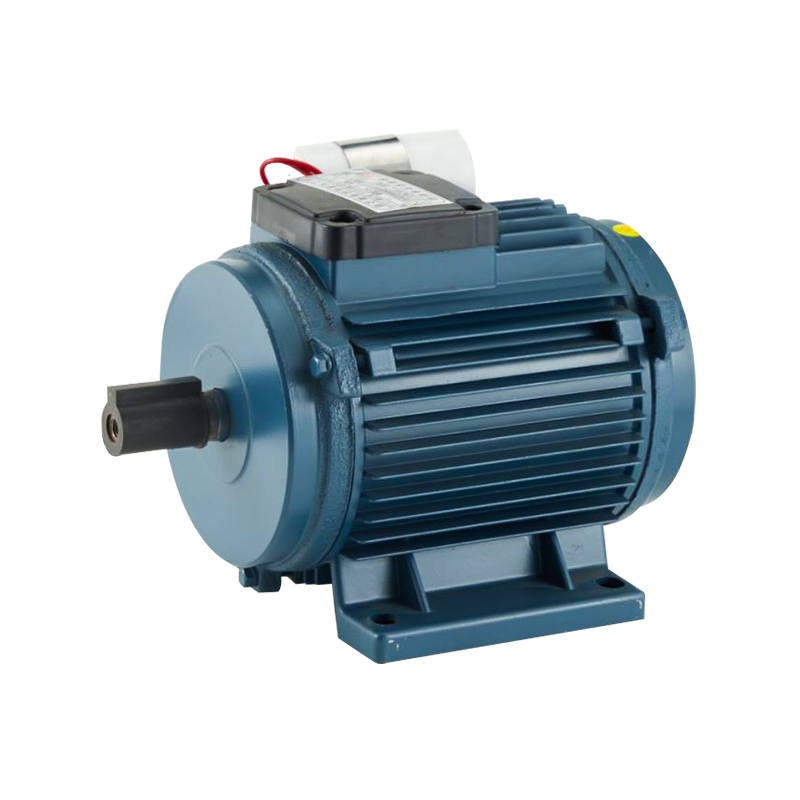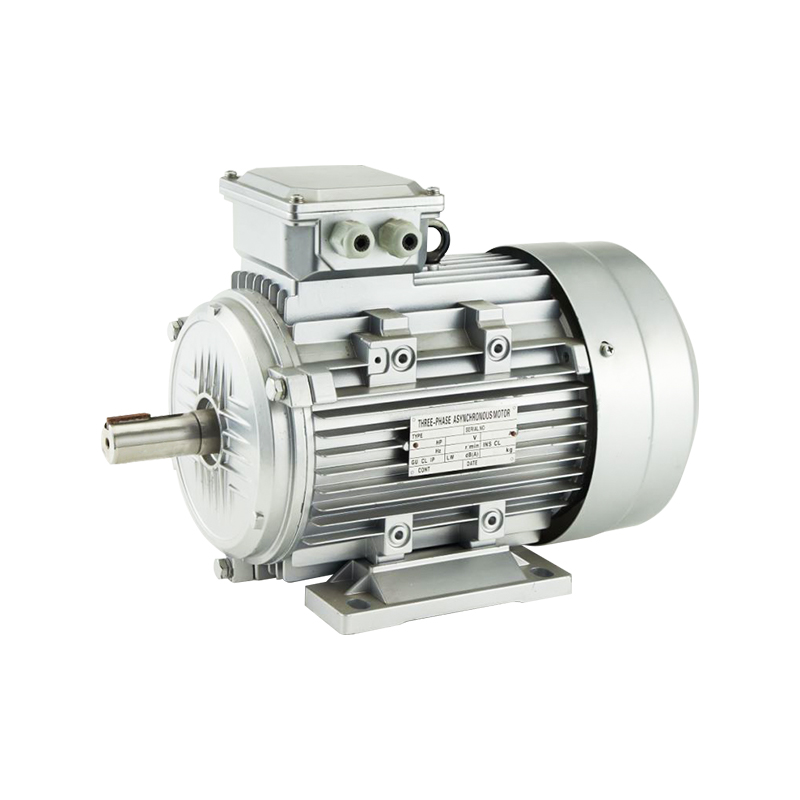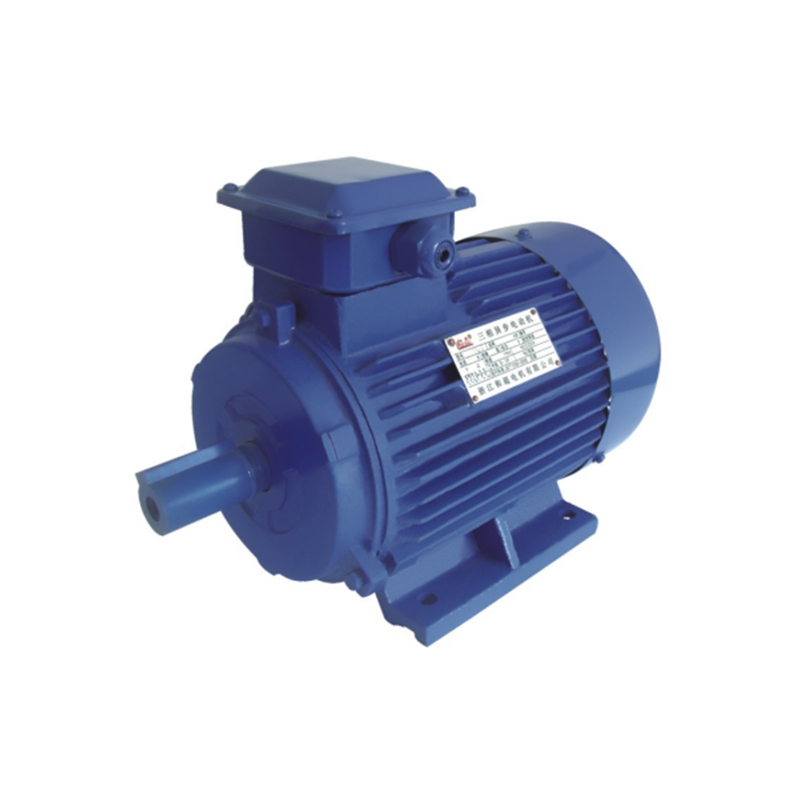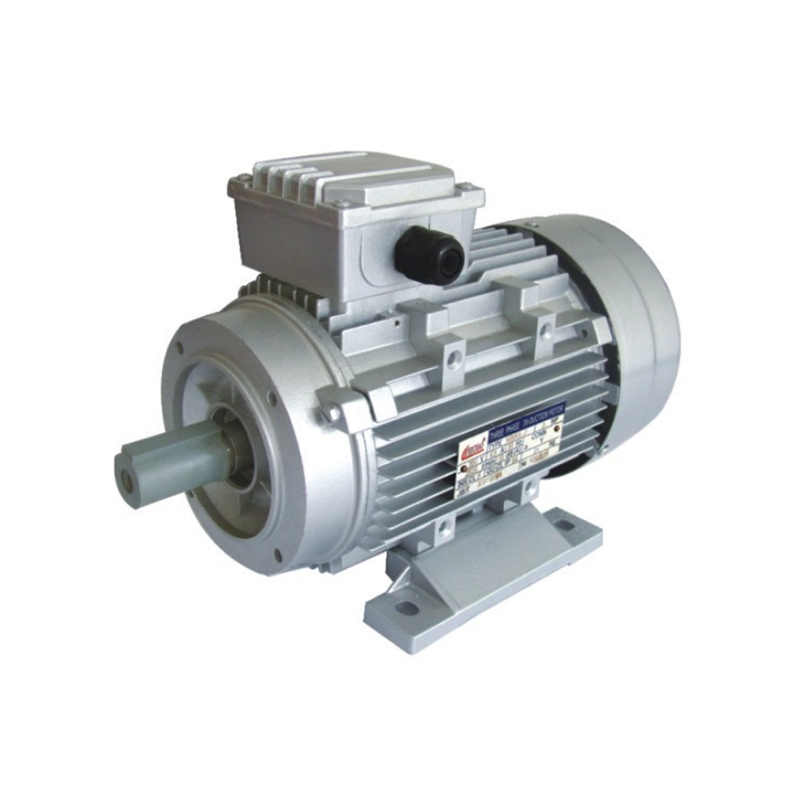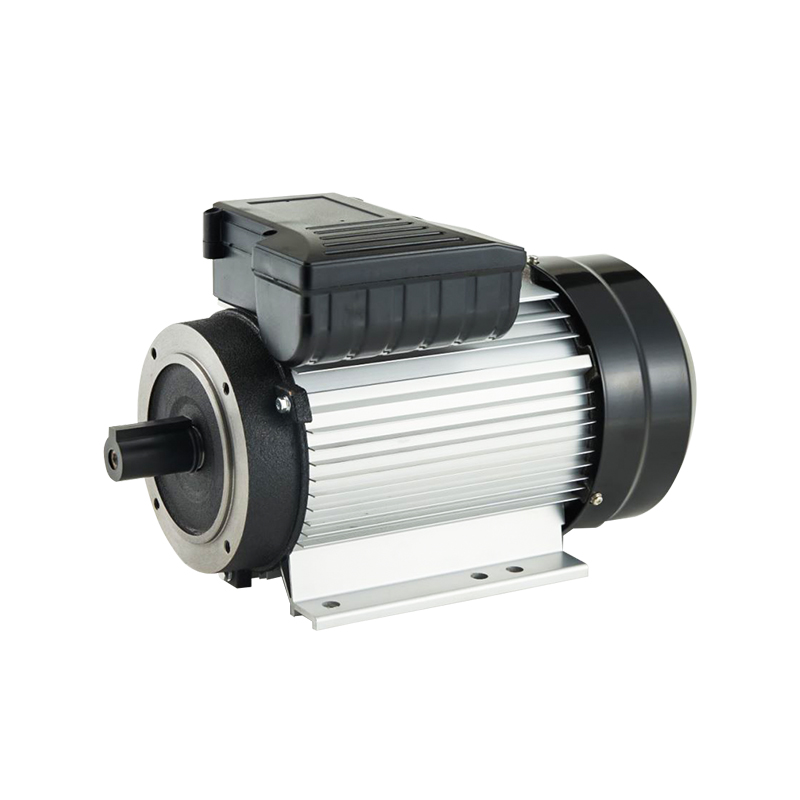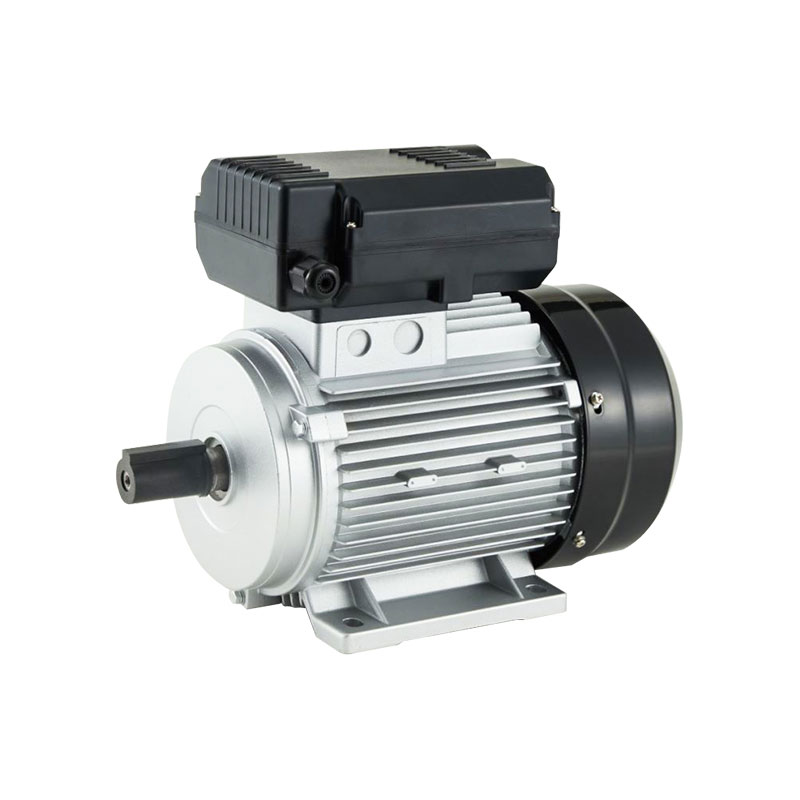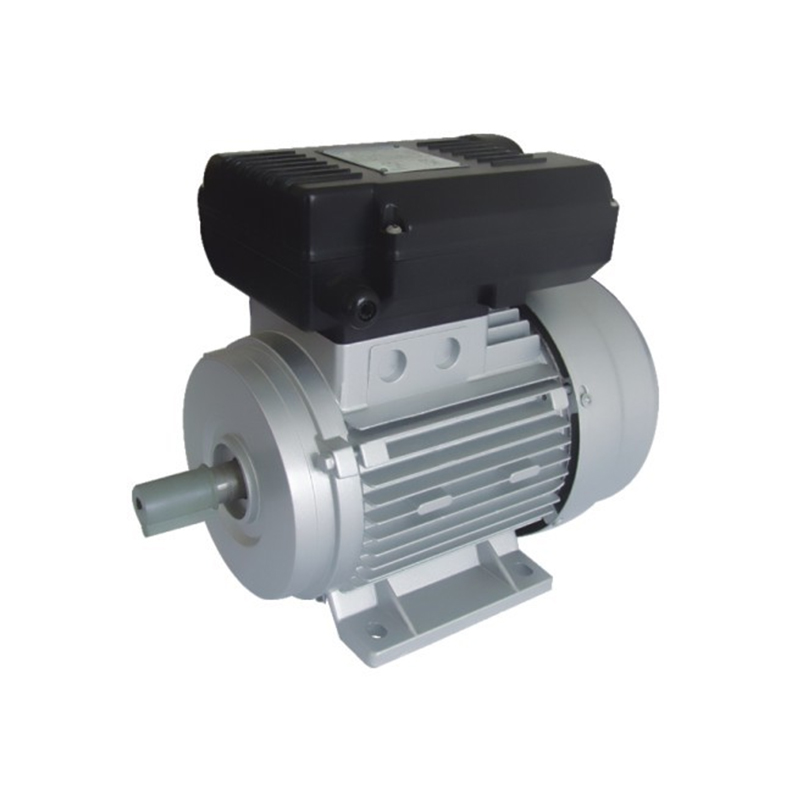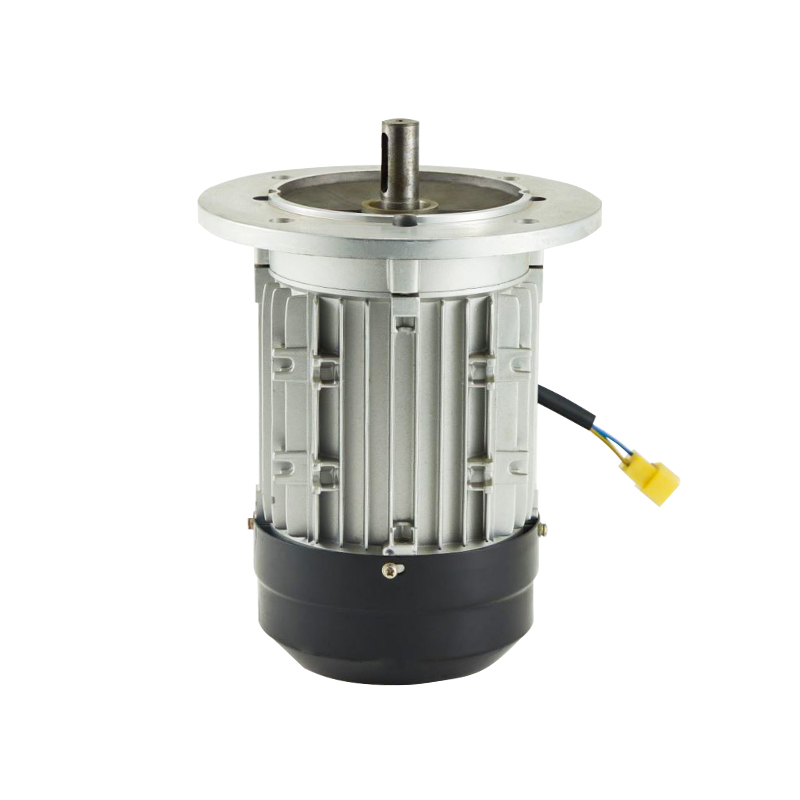One of the primary advantages of digital control systems is their advanced precision and accuracy. Digital controllers utilize advanced algorithms to monitor and adjust motor parameters in real time. This capability is particularly beneficial for heavy duty induction motor, which require precise control to handle varying loads and speeds. By employing digital control systems, operators can achieve finer adjustments compared to analog systems, ensuring that the motor operates within good parameters, thereby enhancing performance and extending its lifespan.
Flexibility and Adaptability
Digital control systems offer remarkable flexibility and adaptability compared to their analog counterparts. In heavy duty induction motor, the ability to easily reprogram or update the control algorithms allows for quick adjustments to changing operational conditions. Similarly, for AC condenser motors, digital systems can be programmed to handle different cooling requirements and environmental conditions. This flexibility is not easily achievable with analog systems, which often require manual recalibration or component replacement to adapt to new requirements.
Enhanced Monitoring and Diagnostics
Digital control systems provide advanced monitoring and diagnostic capabilities that are often lacking in analog systems. Through digital interfaces, operators can access real-time data on motor performance, including temperature, vibration, and electrical parameters. This capability is invaluable for both heavy duty induction motor and AC condenser motors, as it allows for early detection of potential issues and facilitates proactive maintenance. In contrast, analog systems may only offer limited diagnostic feedback, making it more challenging to identify and address problems promptly.
Improved Efficiency and Energy Savings
Digital control systems contribute to improved efficiency and energy savings. By employing sophisticated control algorithms, these systems can optimize motor performance, reduce energy consumption, and less waste. For example, in heavy duty induction motor, digital controls can adjust the motor's power factor and speed to match the load requirements precisely. Similarly, for AC condenser motors, digital systems can modulate the cooling output based on real-time temperature data, pilot to significant energy savings. Analog systems, with their fixed and less responsive control mechanisms, may not achieve the same level of efficiency.
Integration with Modern Technologies
Digital control systems seamlessly integrate with modern technologies, enhancing overall system performance. They can communicate with other digital systems and networks, enabling advanced functionalities such as remote monitoring, automated control, and data analytics. This integration is particularly advantageous for heavy duty induction motor and AC condenser motors, as it allows for centralized management and control of multiple motors from a single interface. Analog systems, lacking such integration capabilities, may require separate controllers and manual intervention, complicating management and reducing efficiency.
Ease of Calibration and Setup
Digital control systems simplify the calibration and setup process. They typically come with user-friendly interfaces that allow for straightforward programming and adjustments. This ease of use is beneficial for setting up and fine-tuning heavy duty induction motor and AC condenser motors. In contrast, analog systems often involve manual adjustments and mechanical calibration, which can be time-consuming and less precise. The digital approach streamlines these processes, reducing setup time and the risk of errors.
Robustness and Reliability
Digital control systems are generally more robust and reliable compared to analog systems. They are designed to withstand various environmental conditions and operational stresses, which is crucial for both heavy duty induction motor and AC condenser motors. Digital controllers are less susceptible to drift and wear, providing consistent performance over time. Analog systems, on the other hand, may experience component degradation and signal drift, pilot to reduced reliability and increased maintenance needs.
Digital control systems offer numerous advantages over analog systems, particularly in the context of heavy duty induction motor and AC condenser motors. Their precision, flexibility, advanced monitoring, efficiency, and integration capabilities make them an advanced choice for modern motor control applications. While analog systems have their place, the advancements provided by digital technology represent a significant step forward in achieving good motor performance and operational efficiency.

